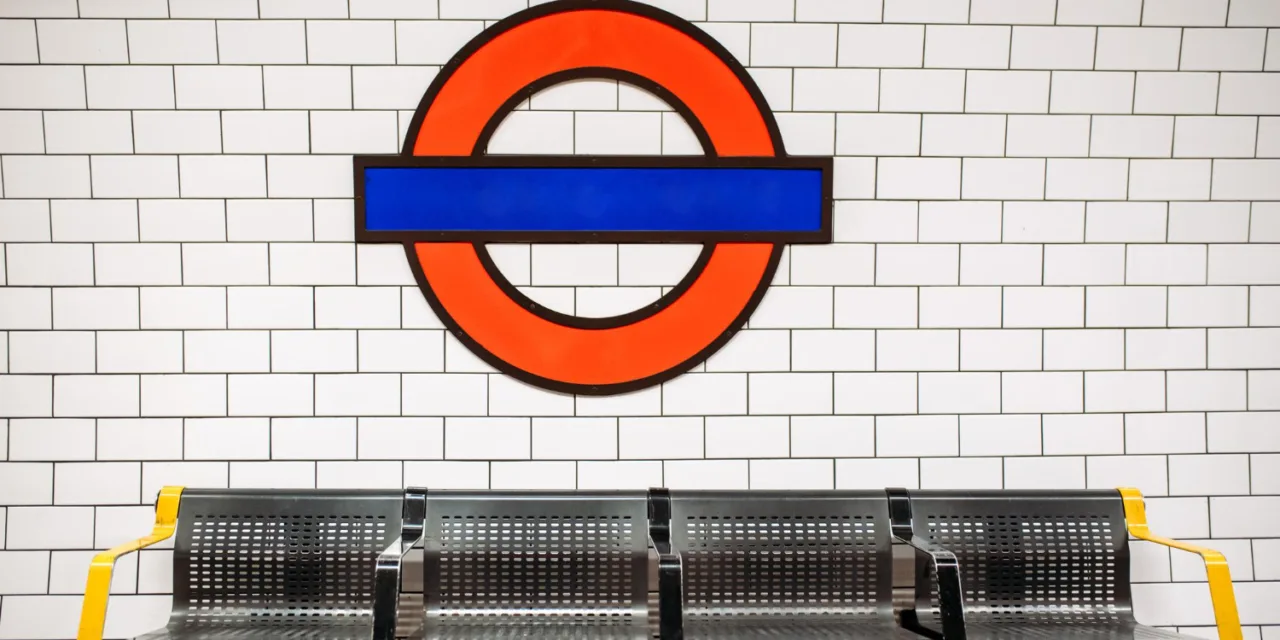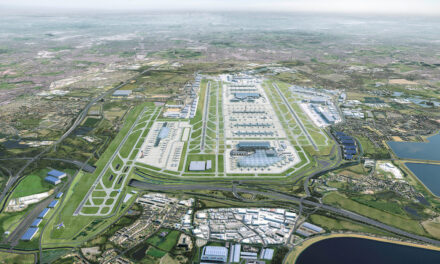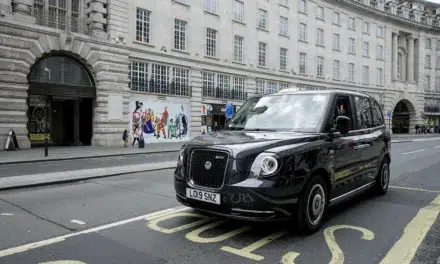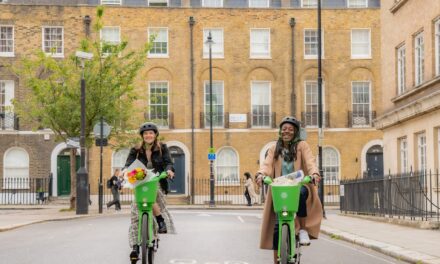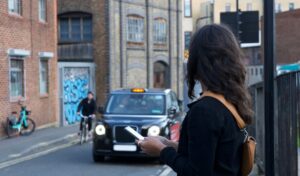The ongoing impact of London’s travel strikes mean more than 1 in 5 workers (21%) are choosing to stay at home over travelling into the office, according to a new Censuswide survey of 2,000 London workers commissioned by London HQ, the collective of four central London Business Improvement Districts (BIDs).
The findings come as RMT announced that around 10,000 TfL workers would be on strike from 5-12 Jan, affecting commuters returning to work from their Christmas break.
In addition to the inconvenience caused by strikes, a further 1 in 2 Londoners (55%) cited that the increasing cost of commuting prevents them from travelling into work. This was followed by the cost of going out (25%) and lack of childcare provision (17%).
With an increasing number of employers (52%) attempting to increase office attendance, rail strikes in the last year have had a negative impact on such plans.
Advertisement
The strikes, coupled with the recently announced increase in rail fares from the DfT, which will see an increase of 4.9% to ticket prices nationwide, will serve as another blow to London’s commuters.
Ruth Duston, Chief Executive of London Heritage Quarter said: “Despite there being a clear appetite for a more regular return to the office from both employers and employees, the impact of these strikes are clearly preventing workers from commuting in.”
“In addition, the continued domino effect that it has on the retail, leisure and hospitality sectors results in businesses having to cover for losses that are beyond their control.”
“It’s why it’s important that the RMT, TfL and any other stakeholders find a swift resolution to end these strikes while reassessing the increase in rail fares, so that we can enhance the appeal of public transportation again for commuters and ensure they receive value for their money.”

